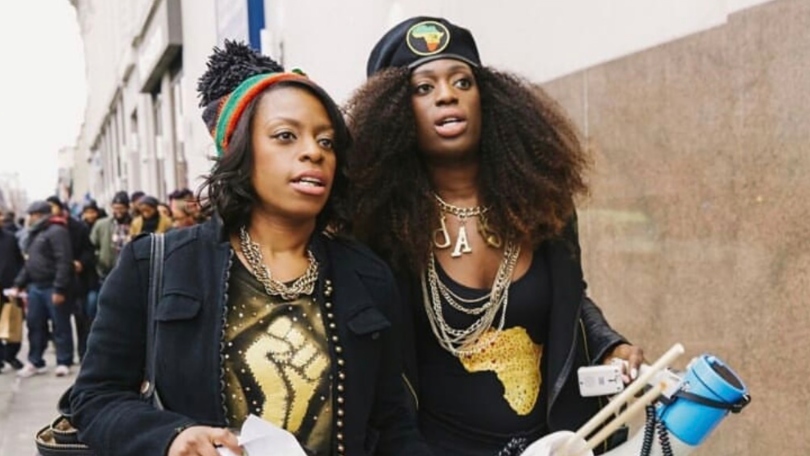Kwanzaa and the seven principles

Happy Kwanzaa!
Dec. 26 marks the first day of the seven-day non-religious holiday created in 1966 by California State University Pan-African studies professor and Black nationalist, Maulana Karenga. Kwanzaa pays homage to African-Americans’ legacy and roots. The holiday is distinguished by seven principals known as the Nguzo Saba, and one principal is celebrated each day by lighting a candle on the kinara.
On Karenga’s Kwanzaa website, he explains what each day’s principal means and the importance of that principle to the greater good. Kwanzaa comes from the Swahili phrase “matunda ya kwanza,” which is defined as “first fruits.”
Today’s principle is Umoja, which stands for unity in Swahili. On the Kwanzaa site, Karenga says we should all “strive for and maintain unity in the family, community, nation and race.”
READ MORE 50 years later, black people should give Kwanzaa a second look
Tomorrow’s principle is Kujichagulia, which means self-determination. This principle pushes our own boundaries and encourages us to define, create and speak for ourselves.
The third day’s principle is Ujima, which is translated to mean collective work and responsibility. Karenga meant this principal to remind us of our collective responsibility to uplift our neighborhoods and to build community.
“To build and maintain our community together and make our brother’s and sister’s problems our problems and to solve them together,” Karenga explains on his Web site, according to CNN.
On the fourth day, Ujamaa is reflected. This word means cooperative economics and focuses on financial ways we can uplift our community. “To build and maintain our own stores, shops and other businesses and to profit from them together,” Karenga said.
READ MORE Founders of Kwanzaa Crawl on creating a fun way to support black-owned businesses and Kwanzaa
The fifth day is Nia which stands for purpose. According to Karenga, Nia reminds us to “make our collective vocation the building and developing of our community in order to restore our people to their traditional greatness.”
Kuumba, which means creativity, represents the sixth day. Karenga said through a spirit of Kuumba, we should always do “as much as we can, in the way we can, in order to leave our community more beautiful and beneficial than we inherited it.”
Jan. 1 is the last day of Kwanzaa. The holiday wraps up with the principle of Imani, which means faith.
Karenga said it is important to always show each other, as brothers and sisters, that we believe “with all our heart in our people, our parents, our teachers, our leaders and the righteousness and victory of our struggle.”
Happy Kwanzaa!
